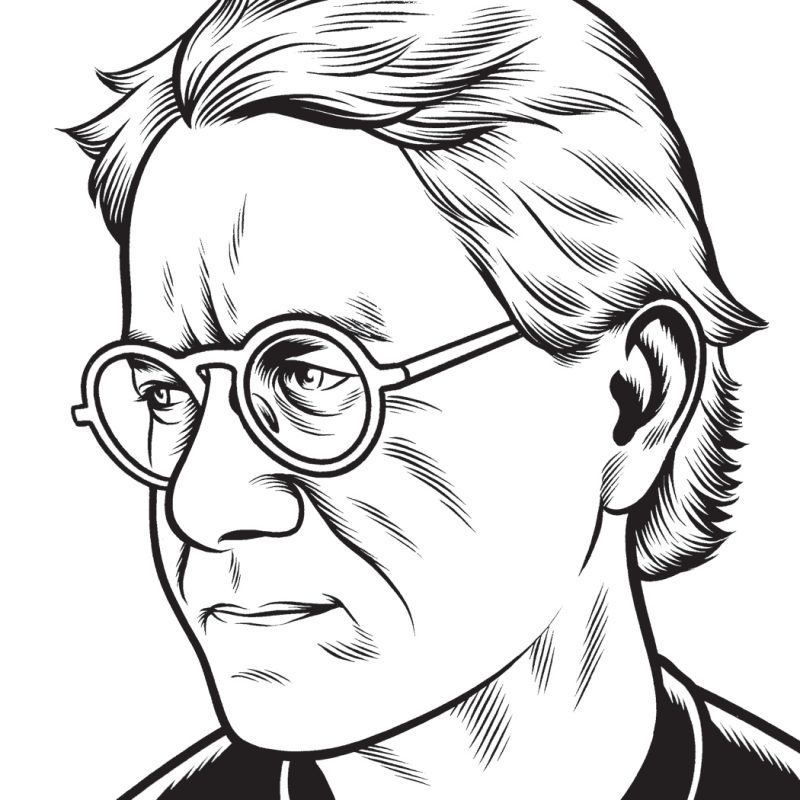(1) Bryan Ferry, Olympia (Astralwerks). Want to hear a whole album of “Slave to Love”—or a whole album about hanging around in bars, pretending you’re younger than you are, an undercurrent of lounge-lizard ooze bringing everything to… life? Thanks in part to Roxy Music guitarist Phil Manzanera and saxophonist Andy Mackay, there’s not a false note—especially when a deliriously romantic, regretful, deep-soul embrace of Traffic’s it’s-too-late ballad “No Face, No Name, No Number” takes the singer out of Olympia’s incandescently sleazy paradise, stranding him within sight of a real-world home he’ll never reach.
(2) Biutiful, directed by Alejandro González Iñárritu, at the Telluride Film Festival, September 5. Javier Bardem as a father dying of cancer, trying to raise two children while keeping his head above the sewage of the criminal underground economy in Barcelona—and as misery accumulates, in his body, in his family, on the streets, in the basement where illegal Chinese workers sleep, his panic increases, and he begins to slow down, because he can’t keep up. The movie captures the look and feel of Barcelona as a place where people live, not just as a theme park—imagine Woody Allen’s Vicky Cristina Barcelona in this cauldron, and it vaporizes in a second. At nearly two and a half hours, the picture, the story, is not a minute too long; like the lives it describes, it’s too short. It’s draining; when I walked out I felt as if I’d just given blood.
(3) Frazey Ford, Obadiah (Nettwerk). For Ford, the most distinctive voice in the Be Good Tanyas, “Bird of Paradise” is not an image, it’s a lilt. The words as she sings them are wings. It’s that “San Diego alley,” sneaking out the darkness of the song and returning to it almost before you can register it, that’s the image, and you can’t see to its end.
(4) Carlos, directed by Olivier Assayas, at the Telluride Film Festival, September 4. At first, Assayas said in a conversation about his film on the terrorist Carlos, who from his murder of French police in Paris in 1975 to his capture in the Sudan nearly twenty years later was a one-man spectre haunting Europe, he thought of scoring it to classic orchestral movie music throughout. “But the film did not want it. The film laughed in my face.” So from scene to scene—Carlos preening naked in a mirror, the takeover of the OPEC oil ministers’ conference in Vienna in late 1975, after that the shooting of a military policeman at a Swiss checkpoint, a weapons delivery, a breakdown in communications—the movie is less scored to than invaded by post-punk...
You have reached your article limit
Sign up for a digital subscription and continue reading all new issues, plus our entire archives, for just $1.50/month.
Already a subscriber? Sign in





